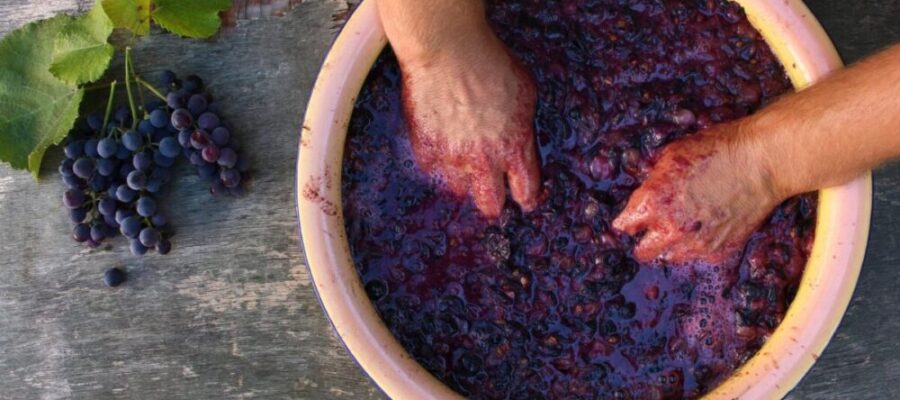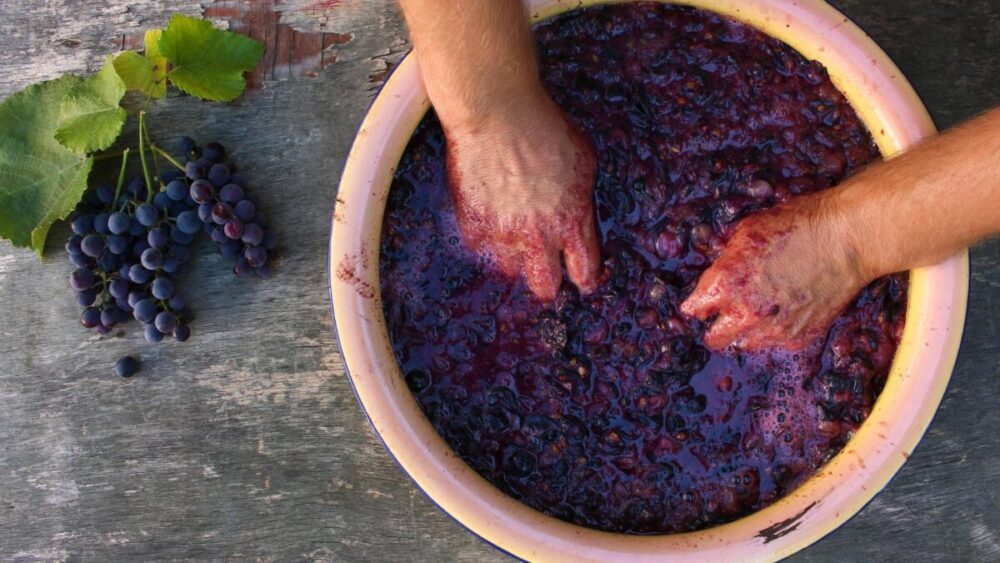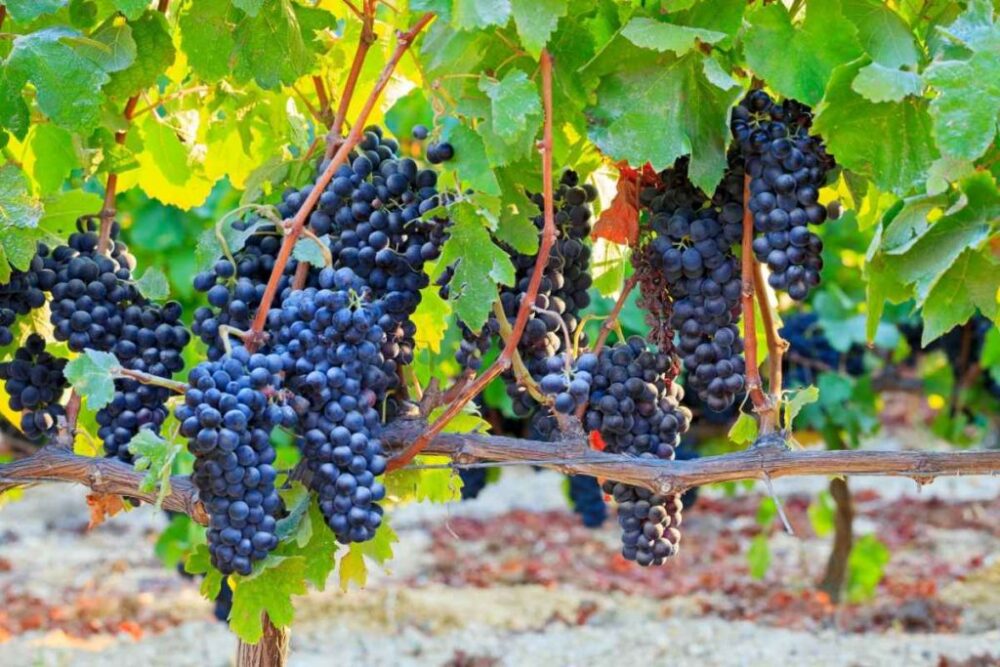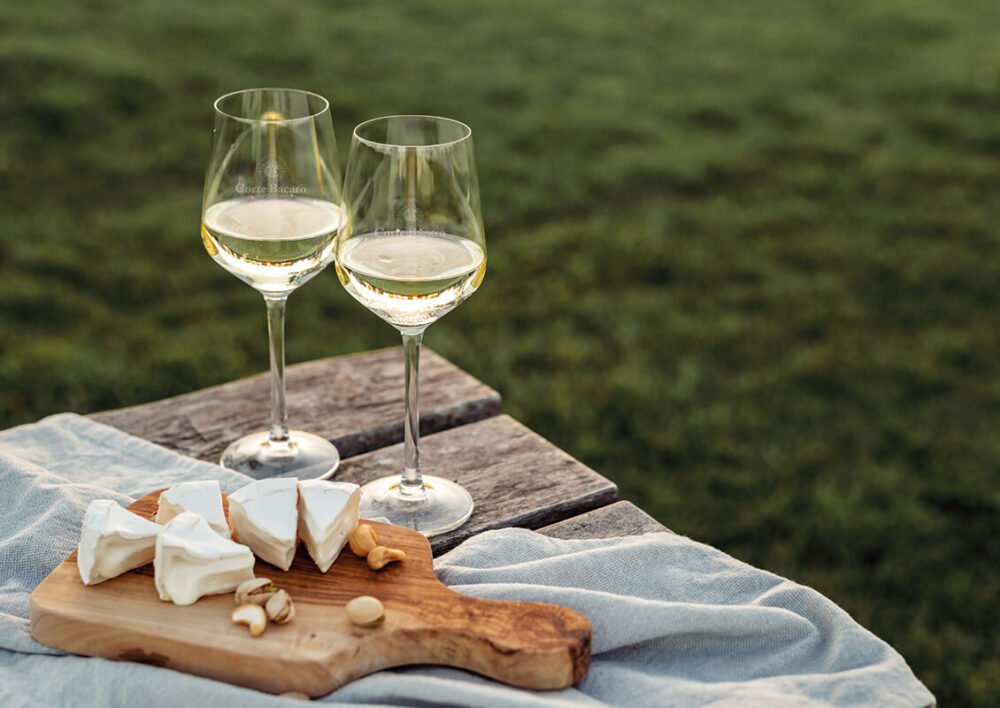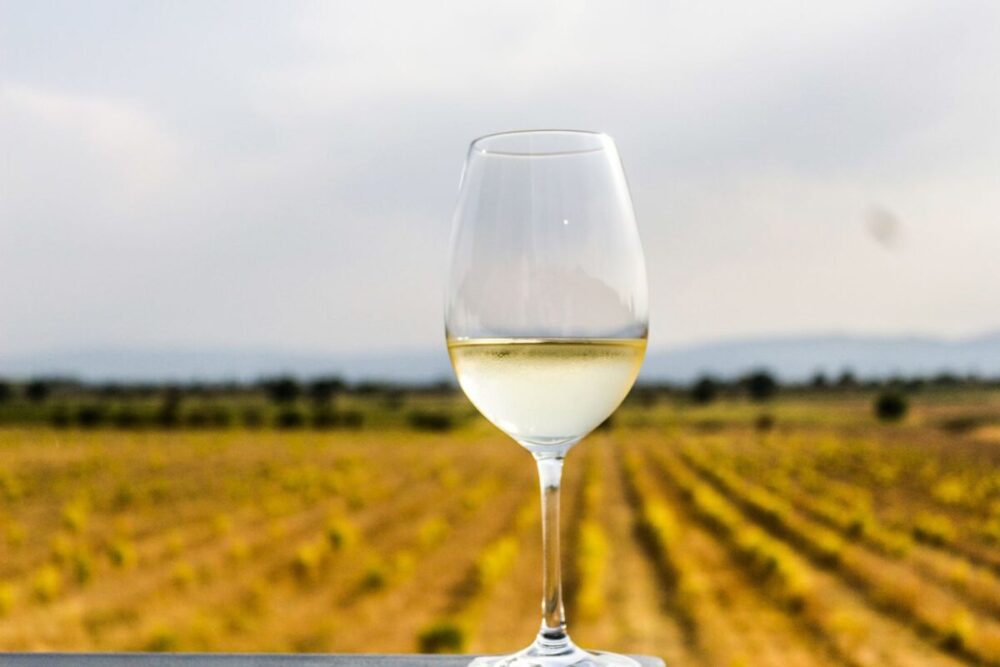As the sun dips below the horizon, casting a warm, golden glow over rows of verdant vines, Turkey is experiencing a viticultural awakening. One of the world’s oldest wine-producing regions, Turkey, is reclaiming its place on the global stage, breathing new life into an age-old tradition. This rejuvenation is intertwined with history, geography, indigenous grapes, and the passion of pioneering vintners who see the potential for Turkey’s vineyards to reach worldwide acclaim.
History of Turkish Winemaking
Delving into the past reveals that Turkey is the cradle of viticulture, with evidence of winemaking dating back over 7000 years. Ancient Anatolia was home to the Hittites, an early civilization that revered wine and laid the groundwork for viticulture in the region. Archaeological finds, like vessels and grape seeds, attest to their sophisticated wine culture. Yet, throughout its turbulent history, Turkish winemaking has experienced highs and lows.
After the fall of the Hittites, the Greeks, Romans, and Byzantines perpetuated the vineyard tradition, favoring certain grape varieties and styles. But the Ottoman Empire’s Islamic influence and restrictive alcohol policies significantly curtailed production. This decline continued during the Republic era, relegating it to the fringes of Turkish agriculture for many decades. In modern times, you can get them all over the world, including buying Turkish wines UK on the web.
Traditional Turkish Grape Varieties
Turkey’s vinicultural wealth is intrinsically linked to its diverse range of indigenous grape varieties. Among these, the red varieties, including Öküzgözü, Boğazkere, and Kalecik Karası, are particularly renowned. Öküzgözü is lauded for its bright, juicy fruit flavors, while Boğazkere is celebrated for its robust, tannic character. Kalecik Karası, on the other hand, brings forth wines with a delicate aroma, light body, and a cherry-red hue.
Accompanying these are exceptional white grapes such as Narince and Emir. Narince, meaning ‘delicate’ in Turkish, is fittingly named, producing notes with subtle citrus and floral notes. In contrast, Emir is known for its mineral-rich varieties with apple and pear nuances, a grape that expresses the terroir brilliantly. These indigenous varieties, many grown nowhere else in the world, create a unique selling point for Turkish wines, offering an array of exciting flavors to explore.
Modern Trends in Turkish Winemaking
Fast forward to today, and Turkey’s winemaking is undergoing a significant transformation. The new generation of Turkish winemakers is marrying traditional viticultural practices with contemporary techniques to create varieties that are expressive, balanced, and intriguing. They are focusing on small-batch, quality options that do justice to the country’s viticultural heritage.
Simultaneously, organic and biodynamic practices are gaining ground, aligning with global trends toward sustainability. Turkish vintners recognize that nurturing their unique vineyards and soils is crucial to maintaining the distinctiveness of their wines. The organic and biodynamic movement represents a return to nature and a deep respect for the land, embodying Turkey’s winemaking renaissance’s very essence.
Important Regions in Turkey
The Anatolian Peninsula, where Turkey sits, offers diverse climates and terroirs, providing an ideal backdrop for winemaking. The Aegean region, with its warm Mediterranean climate, is home to the largest number of vineyards and wineries in the country. It’s here that many of the well-known Turkish producers reside, creating vibrant, full-bodied wines from both indigenous and international grape varieties.
In contrast, the cooler climates of the Marmara and Central Anatolia regions offer ideal conditions for growing white grapes and producing fresh, elegant wines. These areas, with their high-altitude vineyards and large temperature variations between day and night, are gaining a reputation for creating notes with excellent acidity and structure.
Notable Turkish Wineries
Among the constellation of Turkish wineries, a few luminaries have played an integral role in revitalizing the industry. The Kavaklıdere Winery, established in 1929, is the oldest and one of the most respected wineries in Turkey, boasting a wide range of wines that reflect the country’s diverse terroir and grape varieties.
Another significant player is Kayra Wines, which under the guidance of renowned winemaker Daniel O’Donnell, has gained international acclaim. Kayra focuses on producing premium wines that showcase the potential of Turkey’s indigenous grape varieties, creating masterpieces that have put Turkish wines on the world map.
Rising Stars in the Industry
As the Turkish wine scene evolves, a new breed of winemakers is emerging, breaking boundaries and pushing the envelope of what’s possible. Producers such as Vinkara and Urla Winery are rising stars, making waves both domestically and internationally. Vinkara, nestled in the heart of Anatolia, is recognized for its commitment to preserving native grape varieties, particularly the indigenous white, Narince.
Similarly, Urla Winery, located on the Aegean coast, combines tradition with innovation to create high-quality wines that resonate with a global audience. Their commitment to organic viticulture, low-intervention winemaking, and a quest for expressing ‘terroir‘ in their wines is earning them high praise and critical acclaim.
International Recognition and Awards
The newfound dedication to quality in Turkish winemaking has not gone unnoticed on the global stage. Turkish wines are increasingly earning accolades at prestigious international competitions such as the Decanter World Wine Awards and the International Wine and Spirit Competition. The world is taking notice, and the narrative of Turkish wine is gradually shifting from being a novel curiosity to a recognized player in the global scene.
This recognition validates the efforts of the Turkish winemakers and vine growers who have tirelessly worked to revive the industry. It’s also a testament to the country’s rich winemaking heritage, its unique grape varieties, and the ability of Turkish wines to stand shoulder-to-shoulder with established wine-producing nations.
Parting Notes
As we uncork this journey through Turkey’s Wine Renaissance, it is evident that the Turkish take on the nectar of gods is not just about its deep-rooted history or unique grape varieties. It’s a tale of passion, perseverance, innovation, and an unwavering dedication to quality. The revival of Turkish wines represents a harmonious blend of tradition and modernity, a testament to the country’s commitment to its viticultural heritage and a clear vision for the future.
Despite the challenges and obstacles, the momentum of Turkey’s winemaking renaissance is unstoppable. So next time you’re contemplating your choice, consider a Turkish label – it might just surprise you with its depth, diversity, and deliciousness. Here’s to the continued success and growth of Turkey’s industry, and may it flourish for generations to come.
Source: Read Full Article
